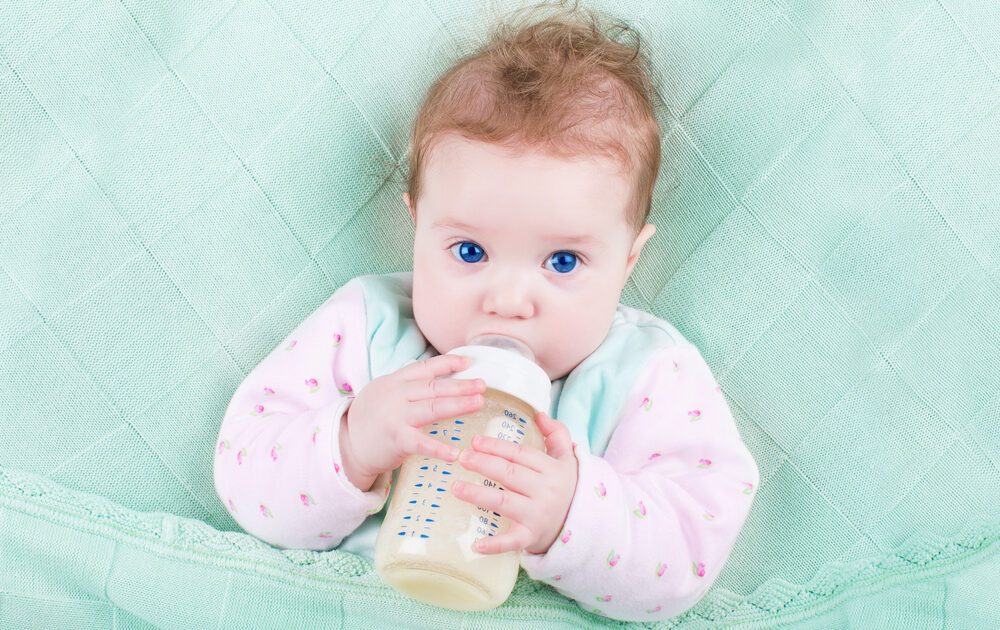BPA-Free Products Linked to Irregular Heartbeat, Study Finds

We’ve learned a lot of negative things about the ingredient bisphenol-A (BPA) in recent years. It’s an endocrine disruptor that’s been linked to breast cancer, infertility, problems with fetal development, and a host of other health problems. But in the rush to appease consumers and remove BPA from plastic bottles, food packaging, and other places it may hide, BPA-free products may be equally dangerous, according to new research.
Many people avoid products that contain BPA because of the potential negative health outcomes, but a substitute called bisphenol-S (BPS) may also be problematic. According to a study published in the journal Environmental Health Perspectives, BPS may cause an irregular heartbeat in lab rats. The findings were similar to many of the findings regarding BPA, according to head researcher Hong-Sheng Wang, a professor of pharmacology at the University of Cincinnati College of Medicine. The changes were found in female rats and not male rats.
According to National Geographic:
The scientists discovered that BPS changes how the rats’ cells respond to estrogen, a result that has been suggested in previous studies. Specifically, BPS interferes with the way calcium is stored in heart muscle cells, causing leakage as well as extra absorption. That, in turn, alters heartbeats.
BPS may also stimulate human breast cancer cells more than BPA—and in a recent study on zebrafish, BPS disrupted prenatal brain development.
Again, National Geographic:
Wang said the rats were exposed to doses that may be similar to the amounts that people encounter from water bottles, receipts, and other items. However, very little is known about human exposures; much more is known about BPA, which is found in the blood of virtually every person tested.
While little is known about BPS, even less is known about many of the substitutes being used in BPA-free products. Products like BPA-free baby bottles, for example, make their way into an infant’s developing system. Some plastic bottles like Nalgene, are labeled BPA and BPS-free, but for the most part, it’s difficult to tell.
While much more research needs to be done, consumers shouldn’t necessarily find solace in the BPA-free label. For example, #7 plastics contain BPS and PLA. This includes many BPA-free plastic alternatives, according to Rodale News. A 2011 study on PLA found the chemical showed some estrogenic activity.
Related on Organic Authority
Study Finds BPA Exposure Connected to High Blood Pressure, FDA Maintains Its Safety
That BPA-Free Label Isn’t as Safe as You Think
BPA and 22 Other Controversial Chemicals Focus of Forthcoming EPA Review
Image of a baby with a bottle via Shuttershock

